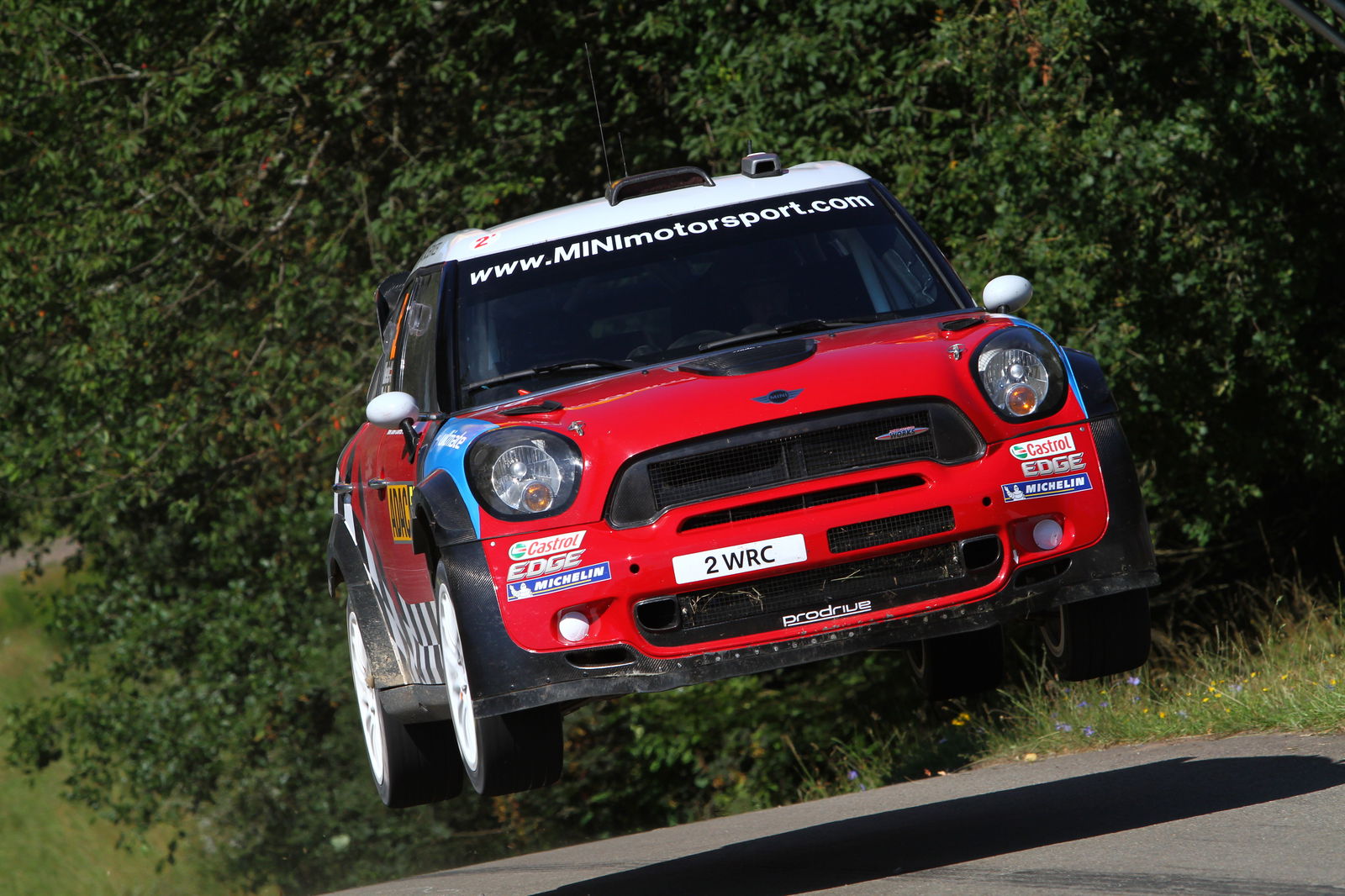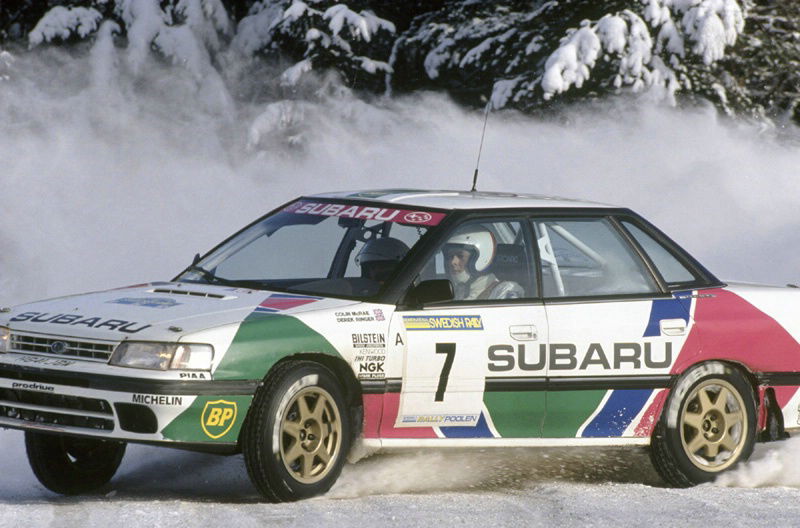'Imprudent' and 'unreasonable' flying caused McRae death

The helicopter accident that claimed the life of rallying legend Colin McRae, his young son and two close family friends was caused by flying that was 'imprudent, unreasonable and contrary to the principles of good airmanship' and could have been avoided, a fatal accident inquiry has ruled.
McRae, 39, his five-year-old son Johnny and family friends Graeme Duncan, 37, and six-year-old Ben Porcelli were all killed when the helicopter the former World Rally Champion was piloting came down near to his Jerviswood House home in Lanark, Scotland on 15 September, 2007 following a trip to visit a friend. The inquiry revealed that an 'unknown occurrence' caused the Eurocopter Squirrel to deviate from its intended flight path, following which it crashed into trees lining the side of Mouse Valley.
It emerged that efforts made by McRae to rescue the situation were rendered futile by the helicopter's position and speed and the limited possibilities to steer it to safety. That would not have been the case, reasoned Sheriff Nikola Stewart, had the pilot 'adhered to rules of good airmanship and desisted from flying in the valley at low-height and high-speed'.
The inquiry at Lanark Sheriff Court concluded that the accident happened due to low-level manoeuvres performed by McRae 'when it was unnecessary and unsafe to do so', whilst Karen and Mark Porcelli, the parents of Ben, admitted that they had not given permission for their son to go in the helicopter. Recovered personal camcorder footage recorded by Mr. Duncan was included in the hearings, and the sheriff and lawyers also visited the woods where the aircraft tragically came down.
"The deaths and the accident resulting in the deaths might have been avoided had Mr. McRae not flown his helicopter into Mouse Valley," Sheriff Stewart summarised in a written statement, reported on the BBC. "Such a precaution would have been entirely reasonable. There was no necessity to enter Mouse Valley. There were no operational or logistical reasons to enter Mouse Valley.
"Mr. McRae chose to fly the helicopter into the valley. For a private pilot such as Mr. McRae - lacking the necessary training, experience or requirement to do so - embarking upon such demanding, low-level flying in such difficult terrain was imprudent, unreasonable and contrary to the principles of good airmanship.
"It would have been a reasonable precaution to refrain from flying helicopter G-CBHL into Mouse Valley wherein the pilot engaged in low-level flying when it was unnecessary and unsafe for him to do so, and whilst carrying passengers on-board.
"The video recording provides detailed information as to the manner in which Mr. McRae piloted G-CBHL that day. He consistently flew the helicopter at unnecessarily low heights. He clearly breached the 500-feet minimum separation requirement on at least one occasion when he detoured to fly at 275-feet over farm buildings, and may well have done so on others.
"He undertook significant manoeuvring at low-level, and the helicopter seems to have encountered significant g-loading as a result, to the evident enjoyment of his passengers. The episodes of extremely low-level flying and the excessive manoeuvre parameters, particularly the descent into the valley by Larkhall - all as captured on the video recording - are indicative of an aircraft being flown imprudently, without due regard to the principles of good airmanship and in such a way that normal safety margins would be reduced."
Sheriff Stewart went on to state that the video footage ended just prior to the entry to Mouse Valley, adding: "At that time, Mr. McRae appears to be relaxed and in control of the aircraft, which seems to be operating satisfactorily. The manner in which he handles the aircraft suggests he continues to have no concerns about its serviceability."
It was also confirmed that when the accident happened, McRae was not in possession of a valid flying licence or valid 'rating' for the Eurocopter Squirrel helicopter, meaning he was 'in breach of Article 26 of the Air Navigation Order 2005 when he flew his helicopter on September 15, 2007 and should not have flown that machine at that time'. The McRae family solicitor, Peter Watson, however, insisted that 'although Colin's licence was out-of-date, this played no contributory factor whatsoever to the accident'.
A previous Air Accidents Investigation Branch (AAIB) report published in February 2009 had concluded that it was not possible to pinpoint a definitive cause behind the accident.
The McRae family asked for the inquiry to recommend that all private aircrafts be equipped with a flight data recorder, with Colin's father Jimmy - a former rallying star in his own right as a five-time British Champion - adding that he hoped all affected by the loss would be able to 'move forward' now.
"Had a flight recorder been fitted to the aircraft, it may have been possible to determine what occurred in the final seconds of the flight and what actually caused the helicopter to crash," he contended. "This would prevent uncertainty as to the cause of the crash, and allow lessons to be learned from tragic accidents such as this.
"We still believe we will never know what caused the crash, but we were never in any doubt as to Colin's prowess as a fine pilot. Everybody knows from Colin's rallying career that safety is always an issue, and that his reactions and eye and hand co-ordination were world-class. The past four years have been extremely difficult for all the families concerned, and we hope that now we can move forward."

